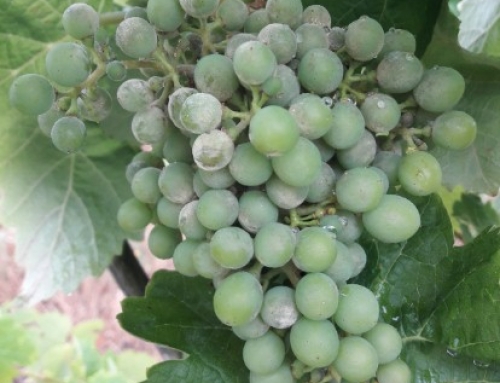Why fungi deserve more attention
March 7, FCiências.ID Amphitheater, 11h30
Abstract
Mention fungi to most people and perhaps they think of plant diseases, mouldy bread, annoying black patches on the bathroom ceiling, or oranges and lemons that go blue and soggy soon after we get them home from the supermarket. Maybe they think more positively and remember that fungi give us wine, beer and soy sauce, amongst other essentials, or even pharmacologically important by-products like antibiotics, immunosuppressants and cholesterol-reducing drugs. Almost entirely overlooked is the essential role that fungi play in ecosystems. Fungi are ubiquitous in all terrestrial, fresh water and marine environments where they re-cycle nutrients. Without them no ecosystem could survive. Without fungi, life on earth cannot exist; it’s as simple as that.
Despite the importance of fungi, they have been woefully neglected and understudied. The most recent figures estimate that between 2.2 and 3.8 million species of fungi exist. Unfortunately, only about 120 000 species are presently known and named. In other words, more than 90% of all fungal species are waiting to be discovered. Taking into account the estimate of 2.2 to 3.8 million species, and bearing in mind that over the past 40 years new species are reported at an average rate of 1 300 per year, it could take more than 2 000 years before all the missing fungi are discovered! Considering the huge range of biologically active compounds produced by just one genus of fungi (Pestalotiopsis), who knows what might be waiting to be discovered in all the missing species?
In this seminar I will explain how we are searching for the missing species and how we overcome the many problems we encounter. I will explain how we are developing robust concepts and definitions for fungal species, genera and families drawing on morphological and phylogenetic evidence and placing these within an evolutionary framework. I will also emphasise that the search for missing species should not necessarily be confined to exotic tropical rainforests or other out-of-the-way places because many of the missing species are sitting right here in our own backyards.

Prof. Alan Philips
BioISI/FCUL







